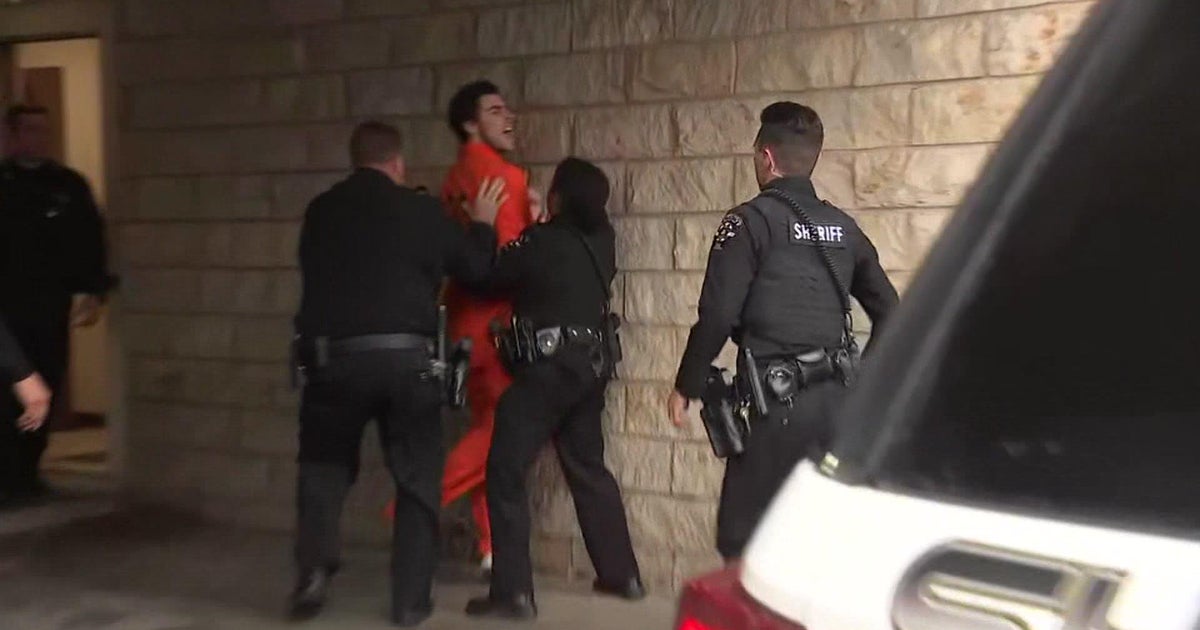German man convicted, given life sentence for killing gas station clerk following a dispute over face masks
A man in Germany was convicted of murder and given a life sentence Tuesday for fatally shooting a gas station clerk following a dispute over face masks.
The September 2021 killing in the western town of Idar-Oberstein shocked the country. The defendant also was convicted of illegal weapons possession because he didn't have a license for the gun used in the killing, German news agency dpa reported.
Authorities have said the 50-year-old man told officers he acted "out of anger" while trying to buy beer at the gas station after the 20-year-old clerk, identified as Alex W., refused to serve him without a mask.
At the time, Germany required mask use in stores to stop the spread of the coronavirus.
Police said the suspect, a German citizen identified in local media as Mario N., left the gas station after the dispute but returned a half-hour later and shot the clerk in the head.
At the start of the trial, prosecutor Nicole Frohn told how Mario N. had felt increasingly angry about the measures imposed to curb the pandemic, seeing them as an infringement on his rights.
"Since he knew he couldn't reach the politicians responsible, he decided to kill him (Alex W.)," she said.
He initially fled the scene but turned himself in after police launched a large-scale manhunt.
The state court in Bad Kreuznach found the defendant's radical right-wing stance and his enmity toward the state were the main motives for the killing, dpa reported.
It said the defendant viewed the clerk as a representative of the state and its coronavirus policy, and decided to "make an example" of him after he insisted on the mask mandate.
Defense lawyers in the trial, which lasted six months, had sought a conviction for manslaughter. They argued that there were limits to how far the suspect, who according to an expert was intoxicated when the fatal gunshot was inflicted, could be held criminally responsible for his actions.
Prosecutors had called for the court to find the defendant "seriously culpable," which would have effectively barred him from the early release after 15 years typical for people in Germany given life sentences. Judges didn't do so.
Resistance to COVID-19 restrictions in Germany grew during 2020 and 2021 with thousands of people protesting in the streets, including vaccine opponents and far-right radicals, Reuters reported.
"No matter what the verdict was, it would not have changed anything about what happened and about the person who was lost. It was never going to bring my child back," the victim's mother, Michaela Rech, said, Reuters reported.
AFP contributed to this report.




